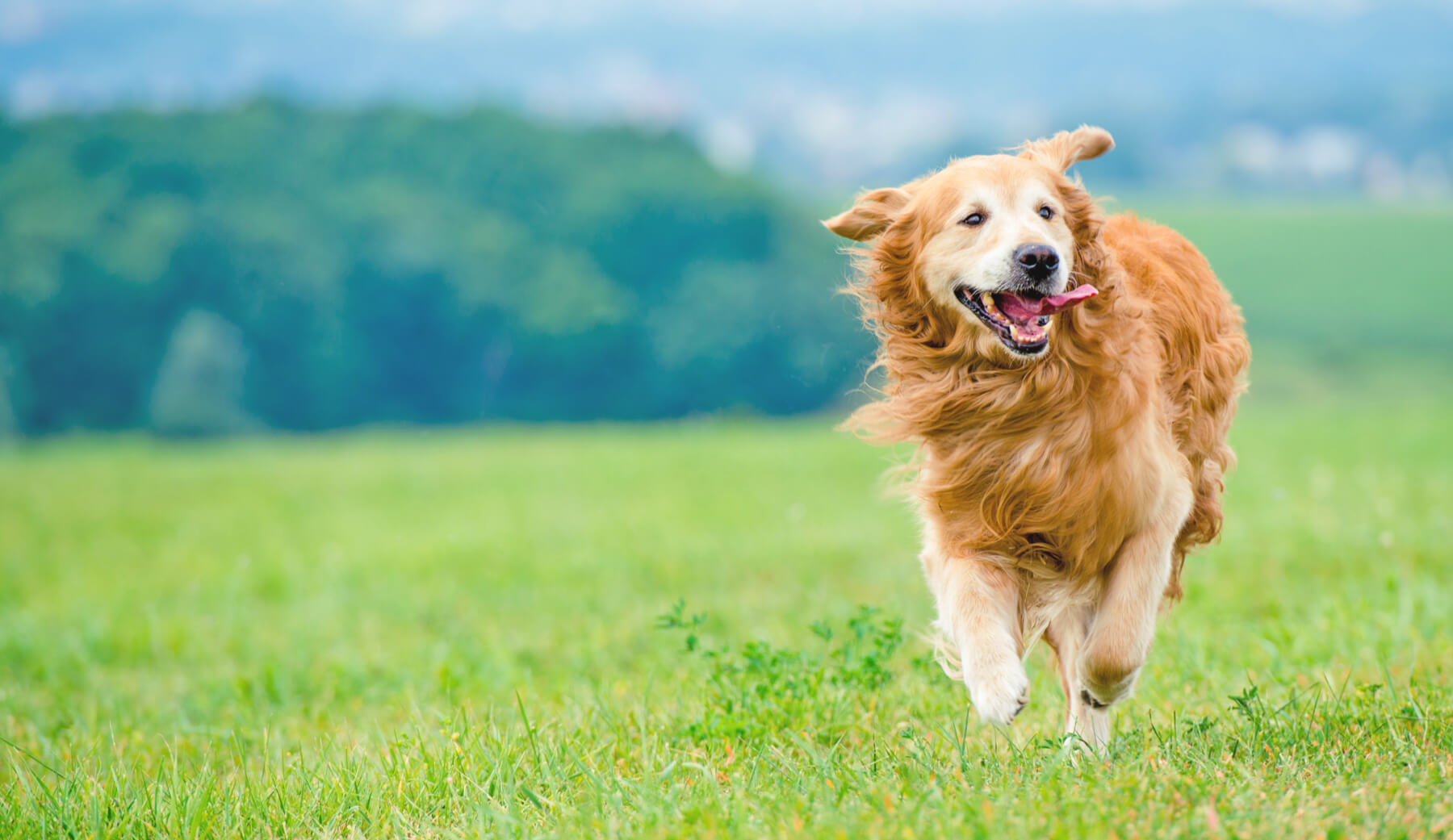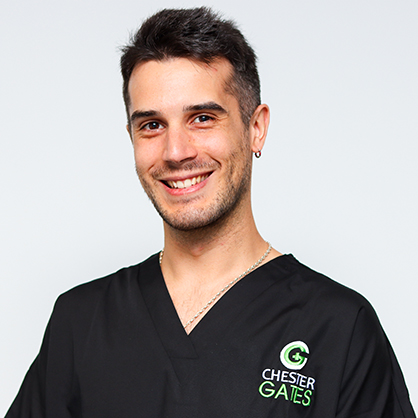Ophthalmology is a specialised area of veterinary medicine that focuses on the diagnosis and treatment of problems with the eyes. More specifically, conditions that affect the eyelids, conjunctiva, lacrimal apparatus and orbital content (the globe and adnexa).
Endika Garcia, a dedicated RCVS Advanced Practitioner in Ophthalmology, leads the ophthalmology service at Chestergates Veterinary Specialists.
Our facilities include:
- A 1.5T MRI, a state-of-the-art CT scanner
- Digital radiography
- High-end ultrasound units
- An in-house laboratory with a cytology microscope
We collaborate extensively with other services within the hospital to optimize patient care. This is particularly important for ophthalmology patients as many eye conditions affect one or more of the body’s systems (systemic disease). If your pet requires a general anaesthetic or sedation, they will receive the highest level of care as we provide a specialist-led anaesthesia service.
Diagnostics
Many ophthalmological conditions can be difficult to notice at home due to their slow progression or the incredible adaptability of our patients. For instance, conditions like progressive retinal atrophy (PRA) would produce complete blindness, but the first signs can be difficult to identify. As a slow progressive condition, patients have time to adapt until the sight is completely gone.
This is why it is so important that ocular health checks are regularly performed in every patient, especially in breeds with genetic predispositions or elderly patients. These checks can be performed in most cases without requiring any sedation or anaesthesia; this means our patients usually spend no more than 2 hours in the hospital. We have all the equipment that we need to be able to diagnose most ocular conditions in dogs and cats.
What can we do?
We can investigate and treat most conditions that affect your pet’s ocular health. As a multidisciplinary hospital, we have the advantage of being able to consult with specialists in different fields when a case requires a more comprehensive approach (e.g., neurology, internal medicine, anaesthesia and cardiology).
Our team can offer a wide range of treatments for eye conditions, including:
- Cryotherapy
- Corrective lid surgery
- Rhytidectomy
- Nasal fold ablation
- Cherry eye and scrolled cartilage
- Keratotomy
- Keratectomy
- Pedicle conjunctival graft
- Corneo-conjunctival transposition
- Bioimplants for corneal reconstruction
- Glaucoma diagnosis and monitoring
- Management of dry eye (KCS) and neurological dry eye
- Retro-bulbar disease investigation and treatment.
- Cataract assessment
- Intracapsular lens extraction
We also perform tests such as:
- Full ophthalmic examination
- Ocular ultrasound
- Magnetic resonance (MRI)
- Computed tomography (CT) scan
- Gonioscopy
- Fundoscopy
- Cytology
What will happen when I come for an appointment?
During the initial 60-minute appointment, you will be able to discuss all your concerns with our Ophthalmologist. Following a thorough history and full examination of your pet, we will go through all the possible causes for your pet’s condition, and the diagnostic and treatment options available.
We will explain all the advantages and disadvantages of the different options and associated costs, so that you can make an informed decision of what you think is best for your pet.
Most cases are diagnosed with tests performed during the consultation, or on the same day with a discharge in the afternoon. Discharges will be done later in the day if intensive monitoring, treatment, advanced techniques, sedation, or anaesthesia is required. Following the visit, we will keep in touch and provide ongoing support to you and your vet to ensure your pet’s illness is managed appropriately.
For the treatment of most ophthalmological conditions, your pet will be prescribed with eye drops, our team will explain the best techniques to apply them and will answer any questions you might have.
Cat-friendly ophthalmology clinic
We are particularly proud of our cat-friendly ophthalmology clinic, which focuses on the specific needs of our feline patients. Cats are often anxious patients, but we take great care to perform our investigations calmly and slowly. As a result, it is extremely rare for us to sedate our feline patients.

